I encounter a lot of artists who speak ill of their own work and complain about the process of painting, as if art is some kind of abusive partner. When I tell them I don’t hate my own work, they sometimes can’t quite comprehend the idea, and they tell me that one must maintain a merciless critical eye in order to improve.
But if your process is a struggle and you’re embarrassed of the end result – that’s a miserable way to live! If you do not practice feeling joy in your every day relationship with art, the idea that one day you will be good enough to not hate your work is not going to pan out. You are warping your brain to never be able to feel that joy, no matter how much you improve.
It is possible to enjoy the process, to have real love for the end result, and to continue to improve and grow.
To develop a more positive relationship with your work, here are some questions to think about while you’re working and ask yourself after completing each piece:
1. What makes you proud about this painting?
2. Which part of the painting turned out best?
3. What part of the process was the most fun?
4. What problems did you encounter and solve?
5. What part felt easy?
6. What can you do to better prepare for the next challenge?
7. What things related to the fun part would you like to try next?
8. Is the part you find easy actually a skill or interest that others don’t have?


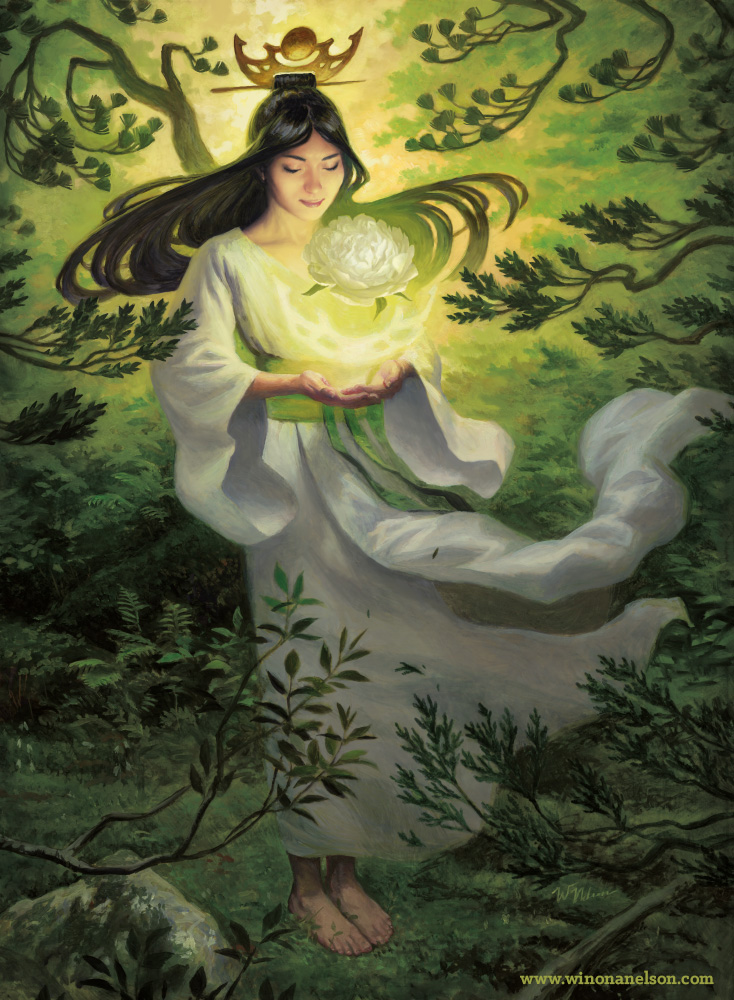
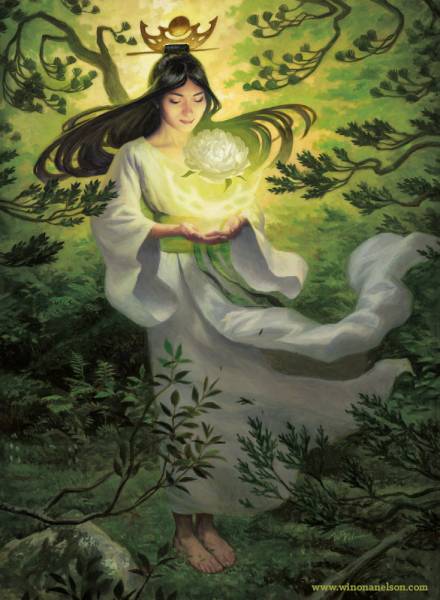
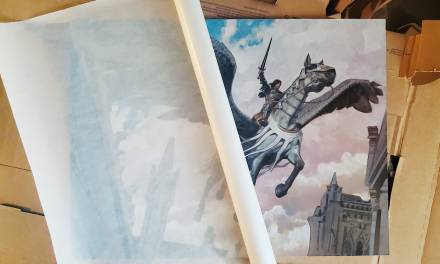
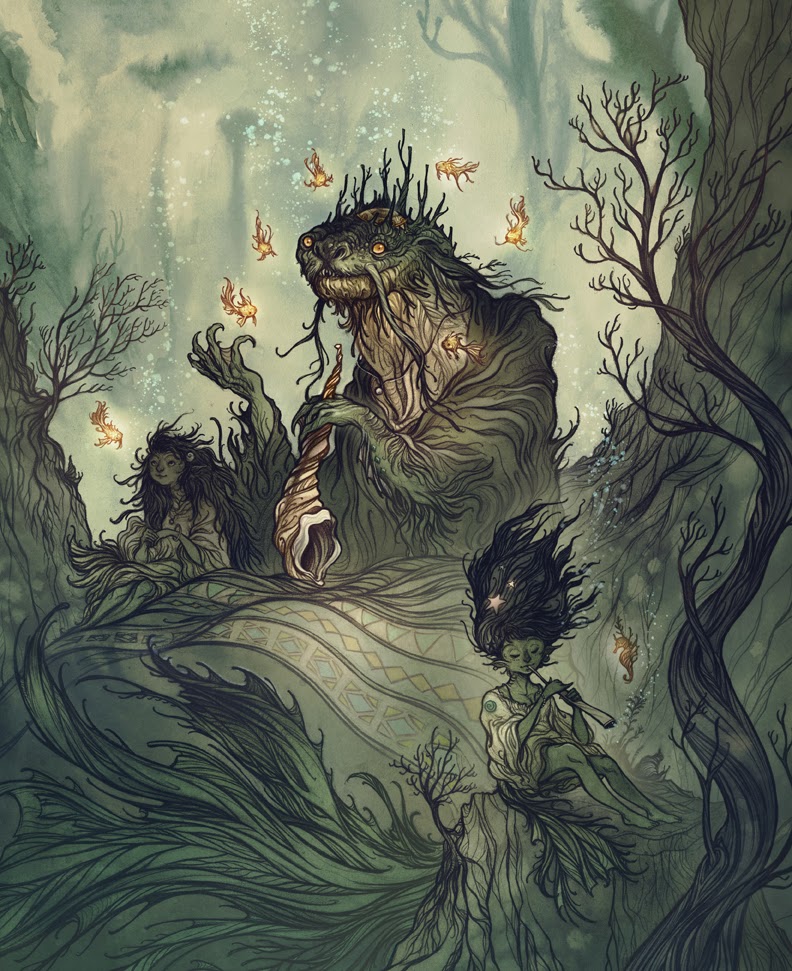
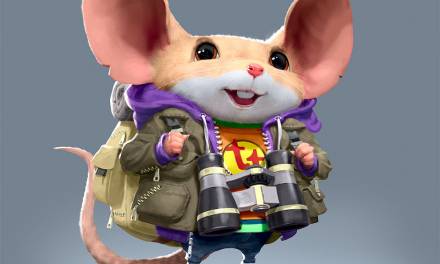

Artists, lost but seeking
💯
Well said! There’s a landscape painter I follow who regularly makes me wonder why they continue if they hate the process and outcome so. It detracts from the beauty of their work knowing they hate much of it
Yes – the way you speak about your art is a large part of what people will remember about it, and about you!
This is great and needed to be said. Plus how can you even tell if you are improving if you hate where you are currently at. I get down on my art as much as the next person and it does drive me to a degree, but you need to appreciate the wins too. You can always hate those later.
I look at my current work, and all my past work – each and every piece no matter how unsuccessful it was – as a snapshot. Each piece reflects who I was when I made it. Each piece I make in the future will be another snapshot. I push myself for greatness, and I always have thoughts about what I could improve next time. But the struggles and failures along the way contribute to a story with ups and downs and twists and turns, which would not be complete if there wasn’t any challenge. So I look at each and every piece with affection at the very least, because each one has an important place in my development and growth. The story I am making with my life is not a grimdark slog!
“The worst evil which can befall the artist is that his work should appear good in his own eyes.” — Leonardo da Vinci
Quotes like this make my eyes roll right out of my head. It might be motivating for some, but knowing what I am good at does not preclude me getting better at it or expanding my skillset. Look at my body of work and make your own conclusions – it won’t bother me any if you choose to follow more unhappy role models 😉
I adore this post and like others said, it needed to be said. We live in a world of perfectionism and endless competition. Art has a right to be that feeling when you started all these years ago, it has the right to also be something that motivates you forward.
I’ve fallen to these tropes myself, but mindfulness therapy helped with the inner critic.
Huzzah Winona, Huzzah! 🙂
Yes! Making art is one of the most challenging and most rewarding kinds of play there is! With mindfulness you can remember that it is *play* even when you’re doing art for a job.
1000000%
There is SO much freedom in this mentality. Don’t only trust the process but fall in love with it. If you love the process, the result is just the icing. And it also means you can draw paint so many more things with excitement because the interest lies in the process not the result.
“The creation of something new is not accomplished by the intellect but by the play instinct acting from inner necessity.”- Carl Jung
Ahh, great quote– Intellect is useful but not the only component! Play is absolutely needed, and creates a truly emotional connection to the viewer.
So glad for this post! It almost feels like a crime against other artists to admit you don’t hate your work… but it’s really a damaging mentality, to both the artist and to those appreciating the art, to speak or think so ill of what you make. Just like your child, a piece of art can fail to measure up to expectations or hopes, but you love it anyway, because it tried, or because you admire what it aspired to achieve, even if it fell short. You can love your work for what it is and also see all the ways it could be better.
Absolutely true. And the failures are often even more useful than successes in terms of guiding your growth, whether by acting as a signpost helping you to a better path, or as a “WET FLOOR” sign to point out a skill you need to work on before setting foot there on a client piece.